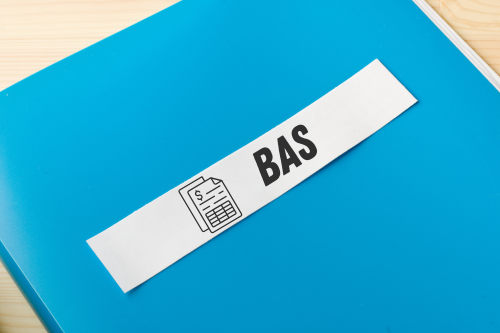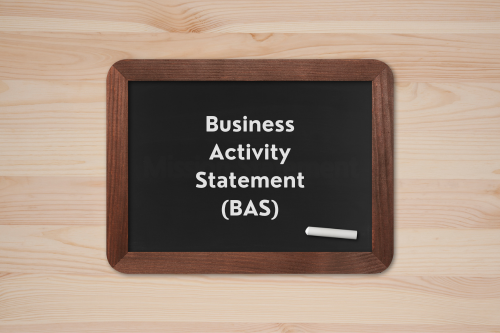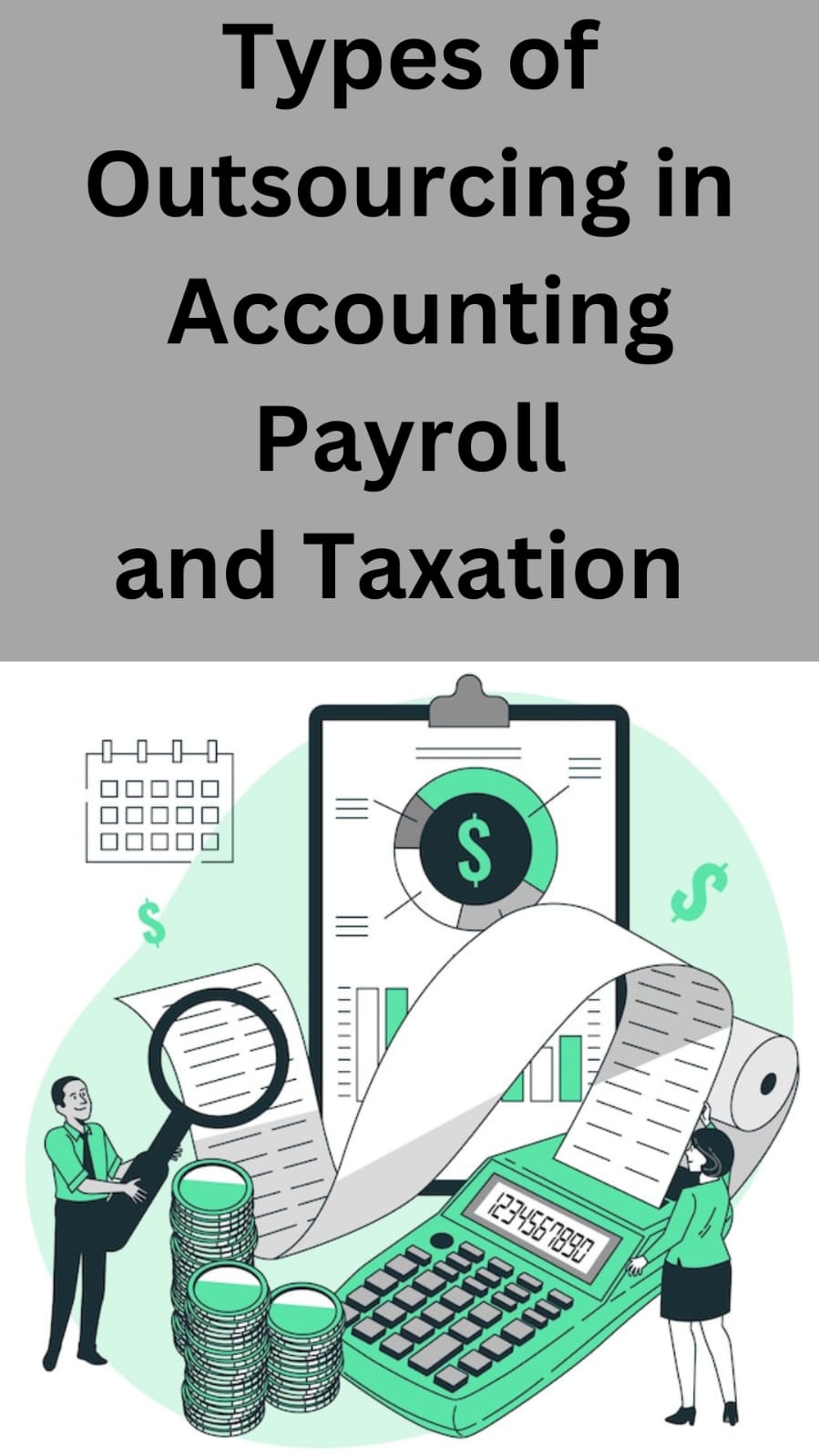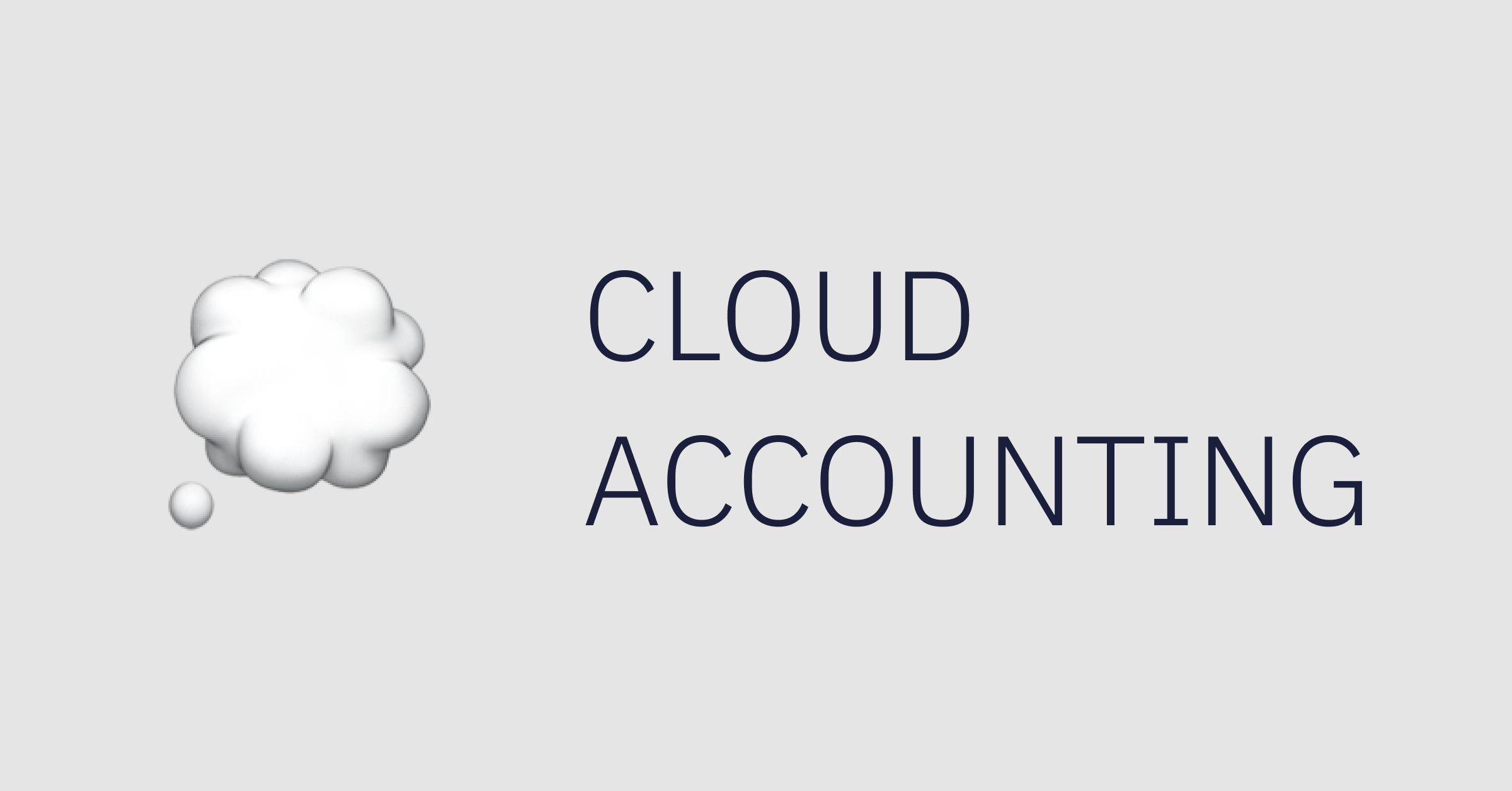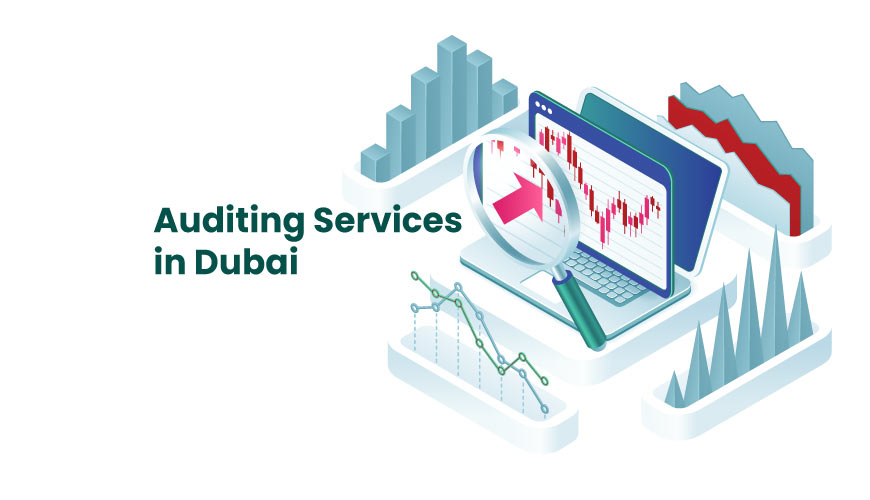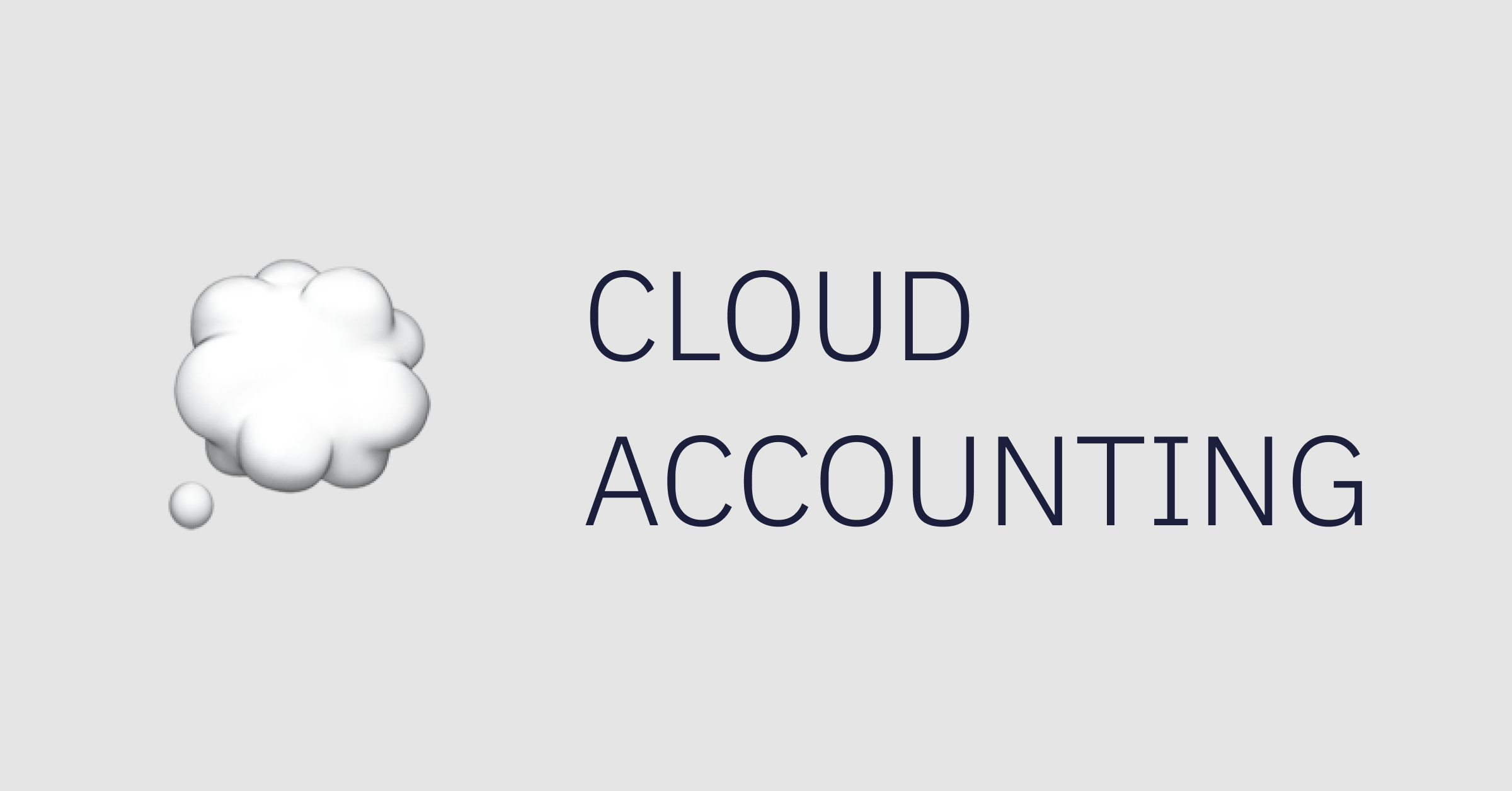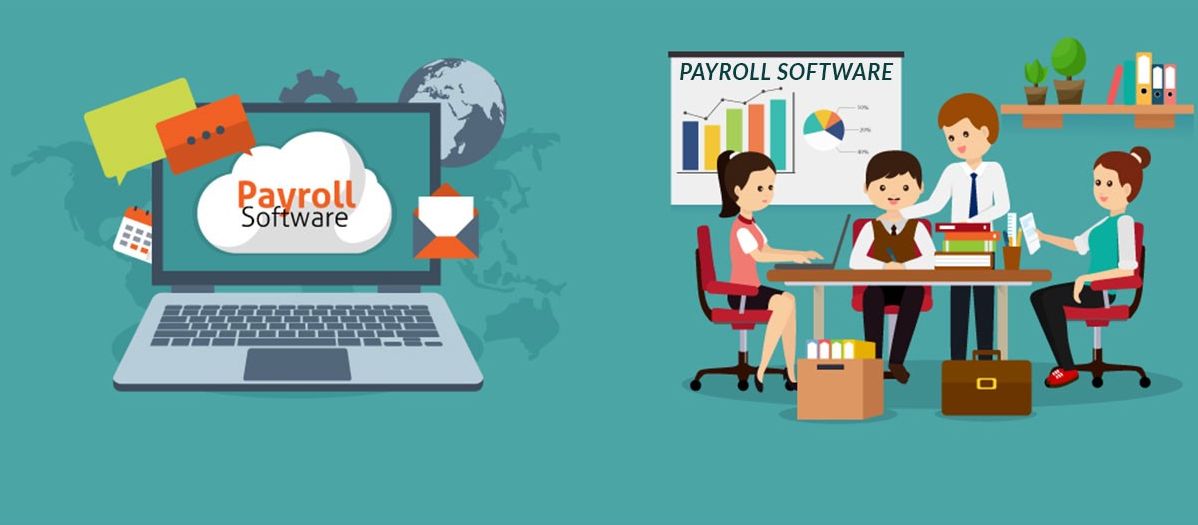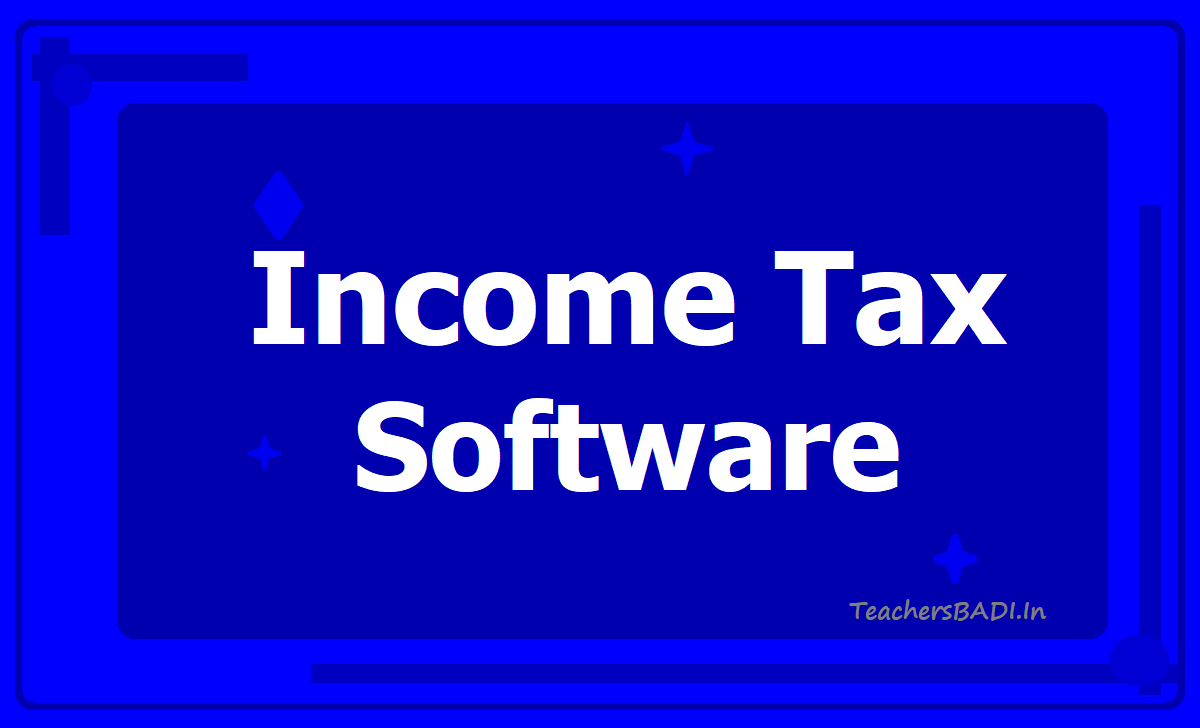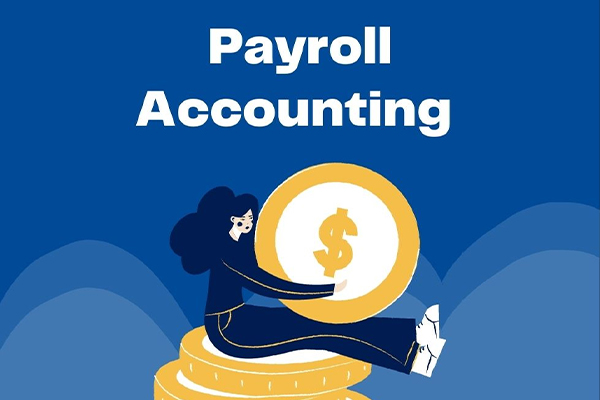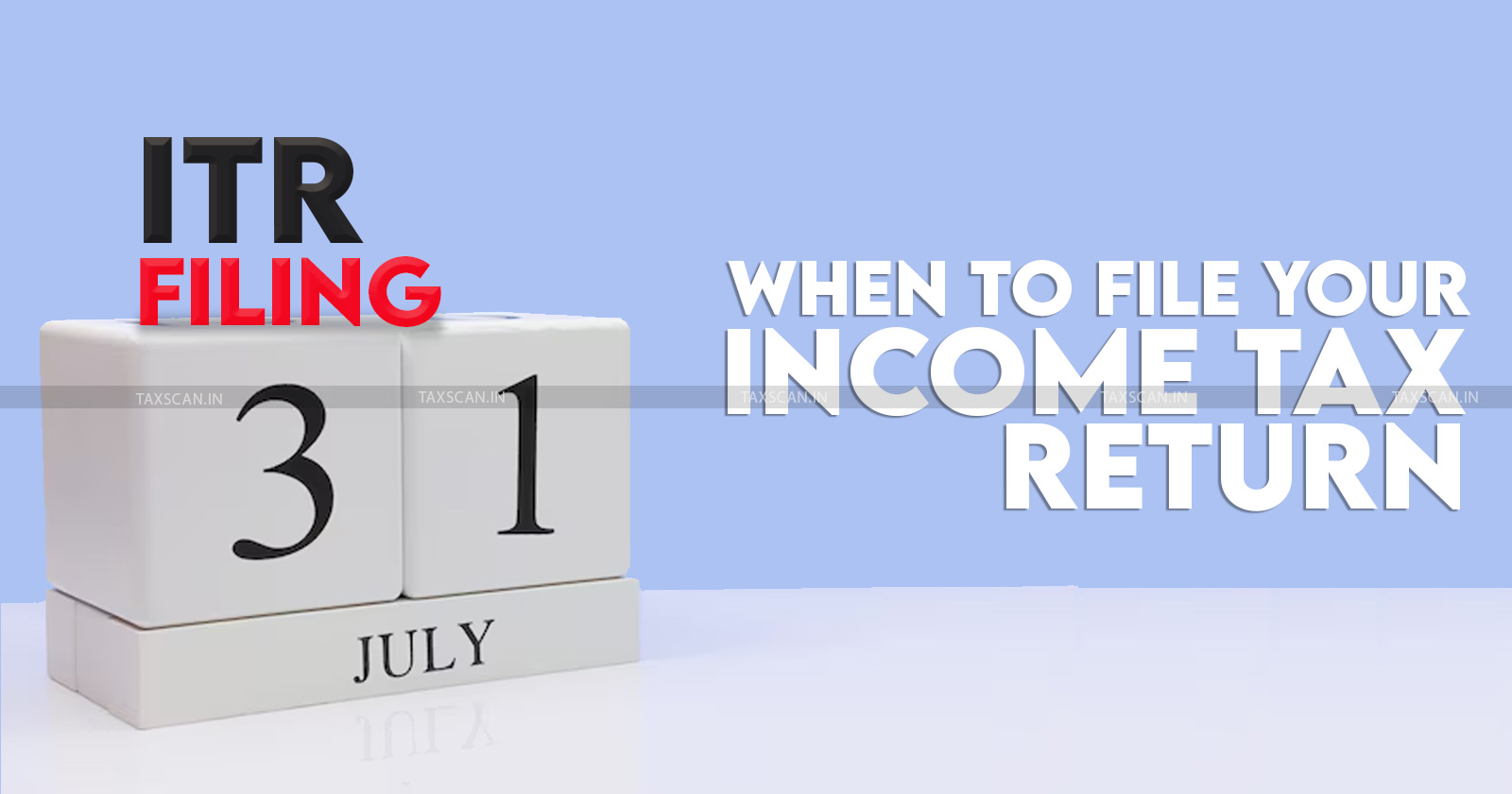Understanding the Business Activity Statement (BAS) in Australia
In Australia, businesses are required to lodge a Business Activity Statement (BAS) to report and pay various taxes to the Australian Taxation Office (ATO). The BAS is a crucial document that helps the government monitor and collect Goods and Services Tax (GST), as well as other taxes such as Pay As You Go (PAYG) withholding and Fringe Benefits Tax (FBT). The BAS typically includes several key components: GST, a broad-based tax of 10% on most goods, services, and other items sold or consumed in Australia. Businesses registered for GST must collect this tax on behalf of the government and remit it through their BAS. PAYG withholding covers the amounts withheld from payments made to employees, contractors, and other businesses where the payee has not quoted an Australian Business Number (ABN). Businesses may also need to pay PAYG instalments, which are advance payments towards their expected income tax liability for the current financial year. If a business provides fringe benefits to its employees or associates, it must report and pay FBT through the BAS. Fringe benefits can include items like company cars, health insurance, and entertainment expenses. Additionally, businesses involved in the wine industry or selling luxury cars may need to report and pay Wine Equalisation Tax (WET) and Luxury Car Tax (LCT) through their BAS, if applicable.
In Australia, businesses are required to lodge a Business Activity Statement (BAS) to report and pay various taxes to the Australian Taxation Office (ATO). The BAS is a crucial document that helps the government monitor and collect Goods and Services Tax (GST), as well as other taxes such as Pay As You Go (PAYG) withholding and Fringe Benefits Tax (FBT). The BAS typically includes several key components: GST, a broad-based tax of 10% on most goods, services, and other items sold or consumed in Australia. Businesses registered for GST must collect this tax on behalf of the government and remit it through their BAS. PAYG withholding covers the amounts withheld from payments made to employees, contractors, and other businesses where the payee has not quoted an Australian Business Number (ABN). Businesses may also need to pay PAYG instalments, which are advance payments towards their expected income tax liability for the current financial year. If a business provides fringe benefits to its employees or associates, it must report and pay FBT through the BAS. Fringe benefits can include items like company cars, health insurance, and entertainment expenses. Additionally, businesses involved in the wine industry or selling luxury cars may need to report and pay Wine Equalisation Tax (WET) and Luxury Car Tax (LCT) through their BAS, if applicable.
Components of BAS:
The BAStypically includes several key components:
1.GST (Goods and Services Tax): GST is a broad-based tax of 10% on most goods, services, and other items sold or consumed in Australia. Businesses registered for GST must collect this tax on behalf of the government and remit it through their BAS.
2.PAYG (Pay As You Go) withholding: This component of BAS covers the amounts withheld from payments made to employees, contractors, and other businesses where the payee has not quoted an Australian Business Number (ABN).
3.PAYG Instalments: Businesses may also need to pay PAYG instalments, which are advance payments towards their expected income tax liability for the current financial year.
4.FBT (Fringe Benefits Tax): If a business provides fringe benefits to its employees or associates, it must report and pay FBT through the BAS. Fringe benefits can include items like company cars, health insurance, and entertainment expenses.
5.Wine Equalisation Tax (WET) and Luxury Car Tax (LCT): Businesses involved in the wine industry or selling luxury cars may also need to report and pay WET and LCT through their BAS, if applicable.
Lodging BAS:
Businesses can lodge their BAS online through the ATO's Business Portal, using a registered tax or BAS agent, or through Standard Business Reporting (SBR) software. BAS lodgment and payment deadlines vary depending on whether businesses lodge monthly, quarterly, or annually. It's crucial for businesses to meet these deadlines to avoid penalties and interest charges.
Importance of BAS:
The BAS serves as a mechanism for the ATO to track tax liabilities and credits owed by businesses. It helps ensure compliance with tax laws and facilitates the efficient collection of taxes. Proper BAS reporting also allows businesses to claim GST credits on purchases, which can help reduce their overall tax liability.
Common Challenges:
Businesses may face challenges in correctly reporting and lodging their BAS, particularly in understanding complex tax rules or managing cash flow for tax payments. Engaging a qualified tax professional or using accounting software can help businesses navigate these challenges and ensure accurate BAS lodgment.

